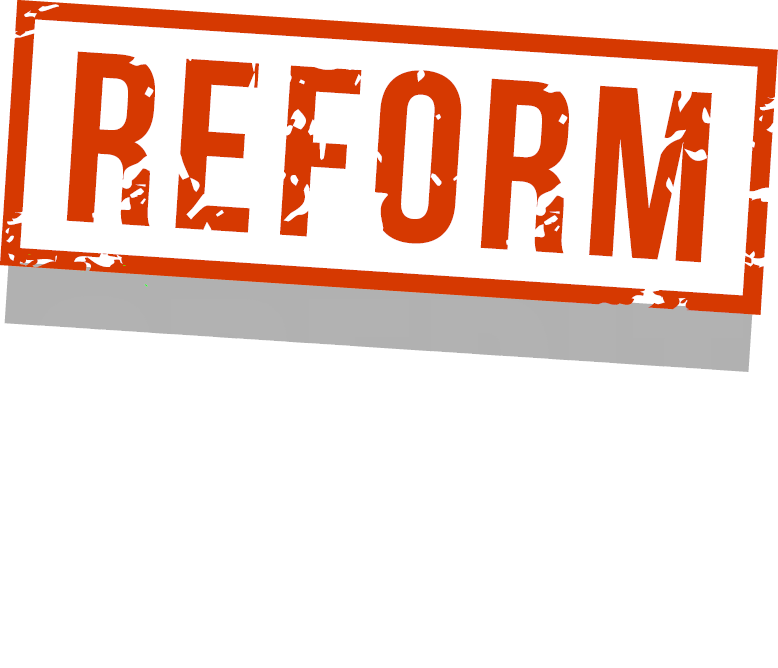news
- January 27, 2021
Wings Financial Credit Union – with nearly $7 billion in assets – planned to buy Neighborhood National Bank of Mora, Minn. The deal was announced in March 2020 for the credit union giant to buy the $200 million bank. But in early 2021 the deal fell apart, much to the surprise of Neighborhood National CEO Doyle Jelsing.
